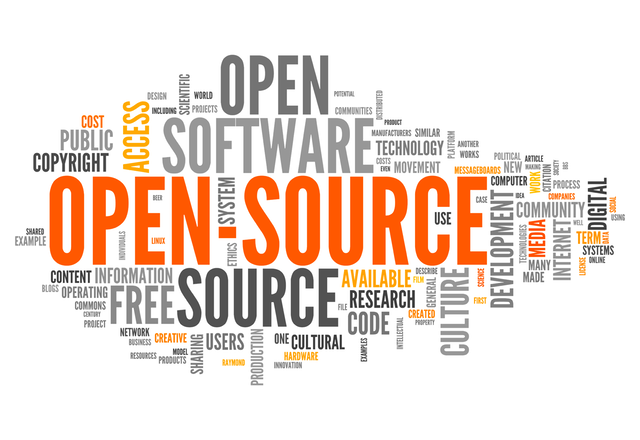
How Open Source Software Improves Lives in Developing Countries
Open source software (OSS) can improve lives in developing countries. OSS can be a powerful tool for promoting development, by providing access to technology, reducing costs, and promoting collaboration and sharing.
Cost savings: Open source software is typically free to use and modify, which can help to reduce the cost of acquiring and maintaining software for governments, businesses, and individuals in developing countries. This can be especially important in contexts where financial resources are limited.
Customization: OSS can be customized and modified to meet the specific needs and preferences of users. This can be especially useful in developing countries, where the needs and priorities of users may differ from those in more developed countries.
Collaboration and sharing: Open source software promotes collaboration and sharing, as it allows for the sharing of code and other resources. This can facilitate the exchange of knowledge and expertise, and help to build capacity in developing countries.
Access to technology: OSS can help to increase access to technology in developing countries, as it is typically freely available and does not require the purchase of proprietary software licenses. This can help to bridge the digital divide and provide more people with access to the tools and resources they need to participate in the digital economy.
I’ve been building open source software technology for NGOs for over a decade, and I have a confession: we’ve been living a lie.
For years, I firmly...
Published on: Mar 05 2025 by Guest Writer - Comments Off on How to Break Digital Colonialism in African Software Development
The promise of technology as a vehicle for African economic development often comes wrapped in the values and norms of the Global North. Western-designed software,...
A significant portion of technology success and growth is owed to Free and Open Source Software (FOSS), encompassing everything from programming languages to operating...
Published on: Dec 09 2024 by Wayan Vota - Comments Off on Apply Now: $100,000 UNICEF Funding for AI and Blockchain Ideas
With over 4 billion people (71% of whom are 15-24 year olds) and 1 in 3 children with Internet access, children’s lives are being shaped behind a screen. Digital...
Published on: Oct 18 2024 by Guest Writer - Comments Off on We Need to Rethink Digital Health Incentives for Sustainable Software Solutions
In a recent episode of High Impact Growth, Dimagi staff delved into the challenges and opportunities in the evolving digital health market. This discussion highlights...
Open Digital Infrastructure (ODI) represents the set of Open Source code, institutional settings, technical standards, and knowledge assets that support software...
At a recent discussion about the Principles for Digital Development, a common debate took hold of participants: should we keep the Open Source clause in the “Open...
At IntraHealth, where our mission is to support health workers and improve the conditions in which they work, AI-assisted training could be a game changer.
Artificial...
Published on: Apr 08 2024 by Wayan Vota - Comments Off on Apply Now: Mozilla Senior Fellowship for Trustworthy Artificial Intelligence
Building sustained political power is an important task for civil society organizations to shift the public narrative on artificial intelligence and promote trustworthy...
The COVID-19 pandemic has had a negative impact on global health, nutrition and mental health indicators for children. It has also amplified the persistent inequities...











